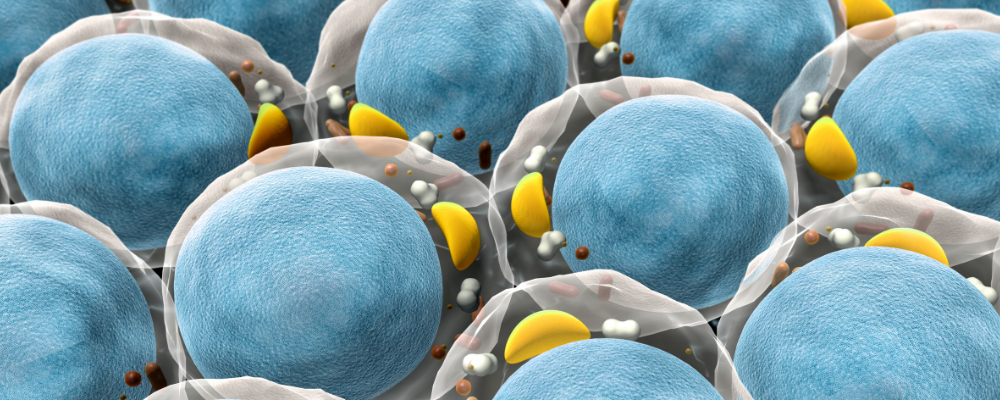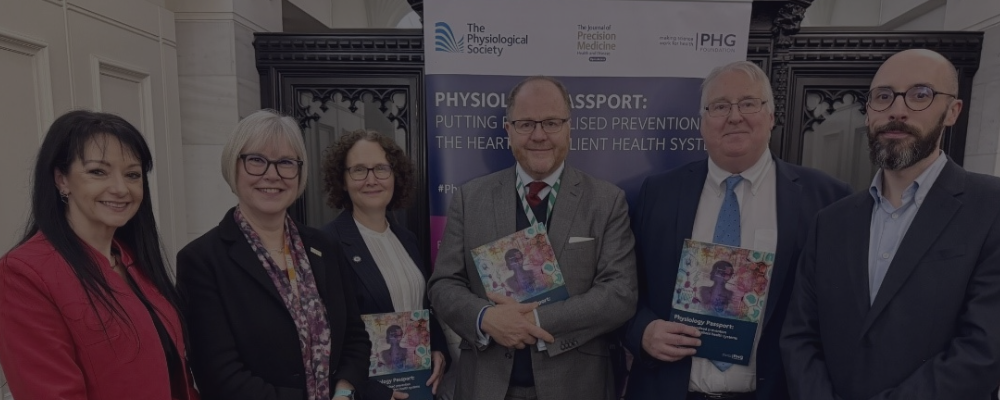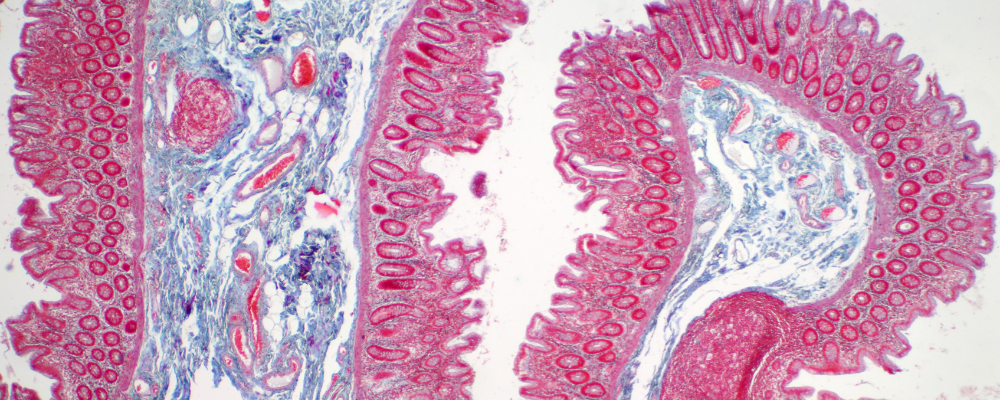
In 2020, the ‘Physiology of Obesity: From Mechanisms to Medicine (M2M)’ webinar series was an opportunity to network, disseminate data and bring the field together during the pandemic. The main aim was to mitigate some of the negative impacts of the COVID-19 pandemic on scientific endeavour, with a particular focus on supporting early-career and mid-career researchers. With thousands of registrants across 40 countries, over 100, 000 views on YouTube and a record-breaking special issue for The Journal of Physiology, the series far exceeded expectations. Building on this success, we are looking forward to connecting the community in-person at the University of Nottingham from 8 – 9 July at The Physiology of Obesity: From Mechanisms to Medicine.
Understanding physiology remains the essence of biological discovery. Uniting all fields across the life sciences and medicine, it is new physiological insights into the mechanisms of life which drive discoveries that benefit human health. As we prepare for this year’s in-person Physiology of Obesity conference, it is essential to emphasise the value of research, both basic, and translational, in expanding our understanding of physiology and its role in health, and disease prevention.
Modern physiological research spans multiple levels, from molecular interactions to whole-organism energetics and (patho)physiology in health and disease. Breakthroughs in areas such as the neurobiology of appetite control and new pharmacological innovations are driving concerted efforts to improve human health. For instance, by leveraging gastrointestinal physiology and incretin biology we are now able to drive substantial, sustained weight loss and, with advancements in pharmacology, dual and tri-agonists show even greater promise. Further, rapid advancements in our understanding of organ physiology, and inter-organ communication are leading to the discovery of novel signalling molecules from secretory organs (i.e. adipose tissue, skeletal muscle and the gut microbiome) with the ability to modulate health.
Our aim for this year’s Physiology of Obesity M2M is to highlight world-leading physiology across the breadth of the discipline, bringing together basic, and clinical scientists, with a focus on translation and innovation. As new investigators ourselves we encourage ECR’s to attend and have sought to create opportunities through a programme that includes 15 ECR speaker slots and a poster session. We hope to use this meeting, and the networking opportunities, as a platform to discuss how we can better collaborate, innovate, and drive discovery physiology together moving forwards.
To shape the future of obesity research, submit your abstract by 30 April. You can also save money with our early bird registration rates until 27 May. Find out more on our event page.



